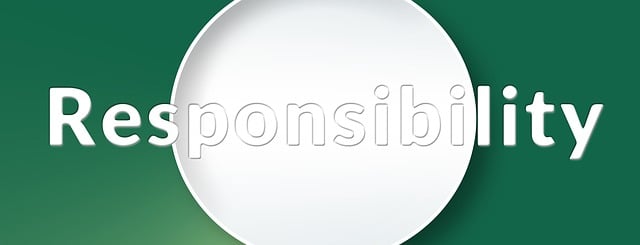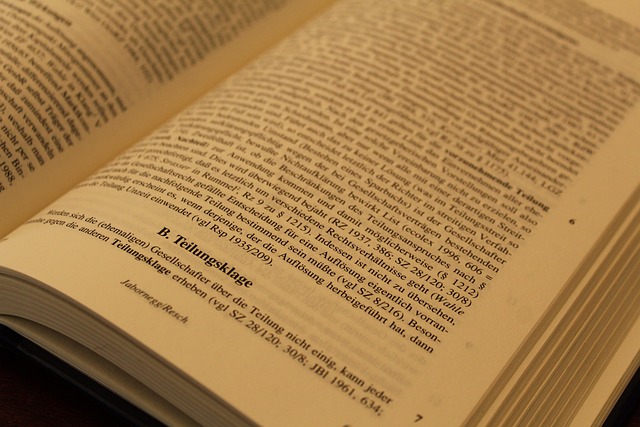Estate Duty Planning Strategies are crucial for high-net-worth individuals to minimize inheritance tax and preserve their legacy. By using tools like gift giving, strategic asset timing, and tax-efficient investments, these strategies reduce the taxable value of an estate, ensuring more assets reach intended beneficiaries without excessive government levies. Proactive optimization of estate duty allows for wealth preservation, reduced tax burdens, and funding of important causes or family enterprises, securing a brighter future for generations to come.
Minimizing tax liability on your legacy is a crucial aspect of responsible estate planning. Understanding estate duty, often a significant burden on future generations, is the first step towards securing your family’s financial well-being. This article explores powerful Estate Duty Planning Strategies to help you optimize your taxes and leave a lasting inheritance. By implementing these techniques, you can ensure a smoother transfer of assets and provide a brighter future for those you cherish.
- Understanding Estate Duty and Its Impact on Your Legacy
- Strategies to Minimize Tax Liability: Effective Planning Techniques
- The Benefits of Proactive Estate Duty Optimization for Future Generations
Understanding Estate Duty and Its Impact on Your Legacy

When planning your legacy, understanding estate duty is crucial as it can significantly impact the value of your assets that will be passed on to your loved ones. Estate duty, also known as inheritance tax in some countries, is a tax levied by governments on the transfer of an individual’s estate after their death. The rate and applicability vary by jurisdiction, but it can eat into the overall value of your legacy, leaving less for your beneficiaries. For high-net-worth individuals, this can be a substantial concern.
Effective estate duty planning strategies are essential to minimize tax liability. This involves careful asset allocation, trust creation, and other legal tools designed to reduce the taxable value of your estate. By employing these strategies, you can ensure that more of your hard-earned assets remain in your family’s hands, fostering a secure financial future for your loved ones.
Strategies to Minimize Tax Liability: Effective Planning Techniques

Minimizing tax liability on your legacy is a crucial aspect of effective estate duty planning strategies. It involves a combination of financial tools and strategic decisions designed to reduce the overall tax burden on your estate, ensuring more funds pass onto your intended beneficiaries. One key strategy is gift giving. By making gifts during your lifetime, you can reduce the value of your estate subject to taxation. Additionally, utilizing tax-efficient investment vehicles like certain types of trusts or tax-free savings accounts can significantly lower tax liabilities.
Another powerful technique is asset timing. This involves transferring assets at the most opportune times to take advantage of favorable tax laws and rates. For example, shifting investments from higher-taxed accounts to lower-taxed ones can make a substantial difference. Furthermore, careful estate valuation and planning can help in accurately determining the value of your assets, thereby avoiding overpayment of taxes. These strategies, when implemented thoughtfully, can provide substantial savings and ensure your legacy is preserved for future generations with minimal tax impact.
The Benefits of Proactive Estate Duty Optimization for Future Generations

By proactively optimizing your estate duty, you’re not just managing your financial affairs; you’re securing a brighter future for generations to come. Efficient Estate Duty Planning Strategies allow you to preserve more of your hard-earned wealth, ensuring that your legacy is passed on with minimal tax burden. This means a larger portion of your assets can be inherited by your intended beneficiaries, whether it’s to fund their education, support charitable causes, or maintain the family business.
Proactive planning enables you to make informed decisions about asset distribution, trust establishment, and other legal structures that can significantly reduce the estate duty bill. It’s a forward-thinking approach that recognizes the importance of preserving wealth for future generations, ensuring your legacy is not diluted by excessive taxes.
Minimizing tax liability on your legacy is not just about preserving wealth; it’s about ensuring that future generations inherit their fair share, while also maximizing the impact of your hard-earned assets. By employing strategic estate duty planning techniques, you can navigate the complexities of inheritance taxes and leave a lasting legacy. These strategies allow for proactive optimization, providing peace of mind and freedom to shape your desired future for coming generations. Implement these Estate Duty Planning Strategies today, and empower yourself to make a meaningful difference in the lives of your loved ones tomorrow.







